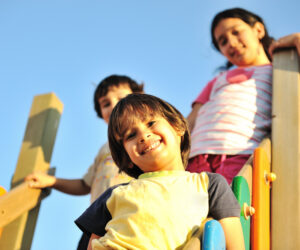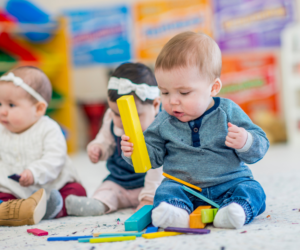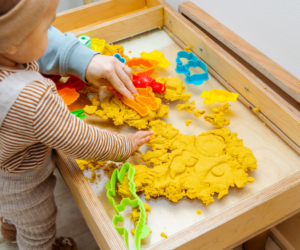Preschool marks a significant step in a child's development, facilitating the crucial shift from home…
What Will Your Child Learn in Voluntary Pre-K?

As a parent, you might be wondering about the benefits of enrolling your child in Voluntary Pre-K (VPK) programs. These programs are designed to provide young children with a solid foundation before they enter kindergarten. Understanding what your child will learn in VPK can help you make an informed decision about this important educational opportunity. In this post, we’ll explore the core learning objectives of VPK and how they can benefit your child’s early development.
Essential Social Skills
One of the primary goals of VPK is to develop children’s social and emotional skills. These programs encourage children to interact with peers, share resources, and develop friendships. By introducing structured play, VPK helps children learn essential social skills that contribute to their personal growth. Additionally, teachers guide children in understanding their emotions, helping them express themselves appropriately and build confidence in social settings.
Basic Numeracy and Literacy Skills
Through engaging activities, children are introduced to language concepts, such as phonics, vocabulary, and storytelling. Teachers use creative methods to teach counting, pattern recognition, and simple mathematical operations. According to Census.gov, 25% of all elementary and secondary schools in the United States are private schools, suggesting the diversity in educational approaches available to young children, including innovative and personalized teaching techniques in VPK settings.
Early Science
In voluntary Pre-K, children are introduced to valuable early science lessons through hands-on activities and exploration. They learn basic concepts such as observing nature, identifying weather patterns, and exploring how things work. Teachers encourage curiosity by engaging children in simple experiments like mixing colors or observing plant growth. These activities help them develop critical thinking skills, understand cause and effect, and foster a love for discovery that sets the foundation for future scientific learning.
Creative Arts Education
Children in voluntary Pre-K also benefit from valuable creative arts education lessons, where they explore various forms of artistic expression like drawing, painting, and music. These activities allow them to develop fine motor skills, experiment with different materials, and express their emotions creatively. Through guided art projects, they learn about colors, shapes, and textures, while music and movement help them develop rhythm and coordination. Creative arts in Pre-K nurture imagination, boost self-confidence, and encourage emotional expression in a supportive environment.
From social-emotional development to foundational literacy, numeracy, and creative arts, VPK prepares children for a seamless transition into kindergarten and beyond. If you’re considering private schools in your area, get in touch with International Children’s School.




